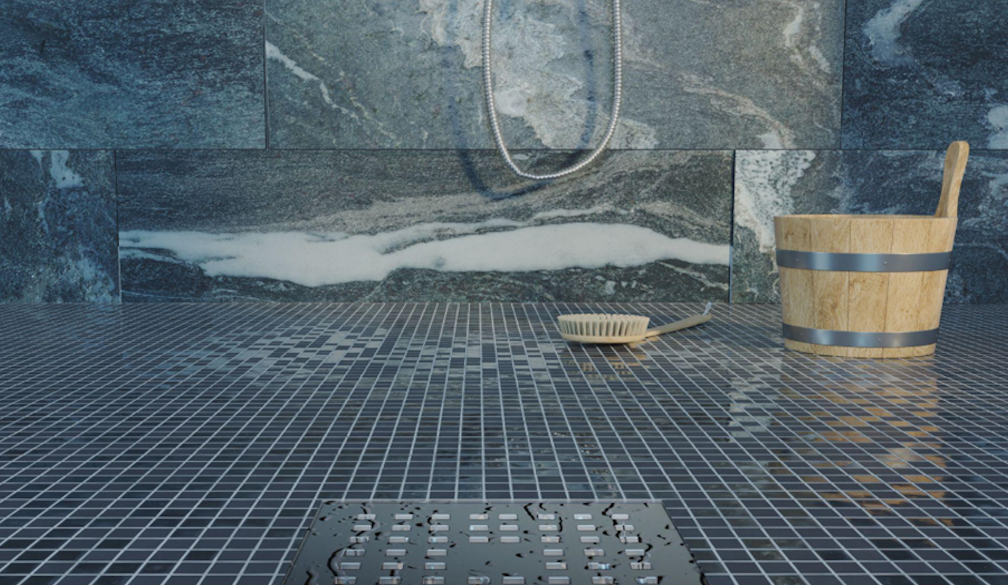Understanding the Importance of Regular Maintenance: DIY vs Professional

Floor drains are a vital component of our homes and business premises, playing a significant role in hygiene and structural integrity. Regular maintenance of these systems is crucial, and many homeowners often face dilemmas; DIY or professional care? This article will compare DIY and professional floor drain maintenance, explaining each approaches' ins and outs. We'll delve into common floor drain blockages, pros and cons of each approach, their ecological impacts, and handy maintenance tips.
The Essentials of Floor Drain Maintenance
Regular maintenance involves consistent inspection and timely clean-ups of your floor drains, reducing chances of nasty blockages. Key elements of this practice include proper tools, correct technique and regularity of the process. It's recommendable to check your floor drains biannually at the minimum, though this may vary depending on usage. Common issues indicating the need for maintenance include slow drainage, odd smells, or even visible debris buildup.
DIY Maintenance: Pros and Cons
DIY maintenance typically includes activities such as regular cleaning, unclogging, and replacing components. Going the DIY route can save you a fair amount of money and help you develop practical skills. However, it's not without its downsides. There's always a risk of inadvertently causing damage, and it can also be time-consuming. DIY maintenance may be appropriate for minor and simple issues like small blockages or routine inspections but tread carefully of course!
Professional Maintenance: Why and When it's Necessary
For more complex issues, professional maintenance becomes indispensable. This process might involve inspections using advanced tools, comprehensive cleaning or even structural repairs. Choosing professional maintenance brings particular advantages, such as high levels of expertise, appropriate equipment, and detailed diagnostic reports. On the flip side, the cost can be a significant factor. Generally, professional help becomes crucial for severe blockages, recurring issues, or when one lacks the necessary skills for a DIY solution.
The Ecological Impact of Floor Drain Maintenance
Maintenance practices, both DIY or professional, can impact the environment. For instance, harsh cleaning agents might harm local water sources. Therefore, it's essential to adopt environmentally friendly options, such as using biodegradable cleaners. Properly maintained floor drains prevent toxic leaks, contributing to a healthier home and work environment. Striving for a green approach involves responsible waste disposal, reducing the use of harmful chemicals, and recycling where possible.
Tips for Effective Floor Drain Maintenance
For an effective approach, both DIY enthusiasts and professionals need to remain vigilant. Regular inspections and adopting preventive practices like not discarding grease down the drain can minimize future issues. When choosing a professional service, consider factors such as experience, reviews, and green credentials. If doing it yourself, invest in quality equipment and environmentally friendly products for a more efficient maintenance process.
In summary, regular floor drain maintenance is a non-negotiable aspect of property care. Both DIY and professional approaches have their place, with the choice dependent on the situation at hand. Notably, effective floor drain care hinges on understanding the importance of regular maintenance, proper techniques and tools, while considering the environmental impact. It's high time to evaluate your maintenance practices. Apply the tips shared, and you'll create a healthier, safer living or working space. And perhaps even save a bit of your hard-earned cash!









